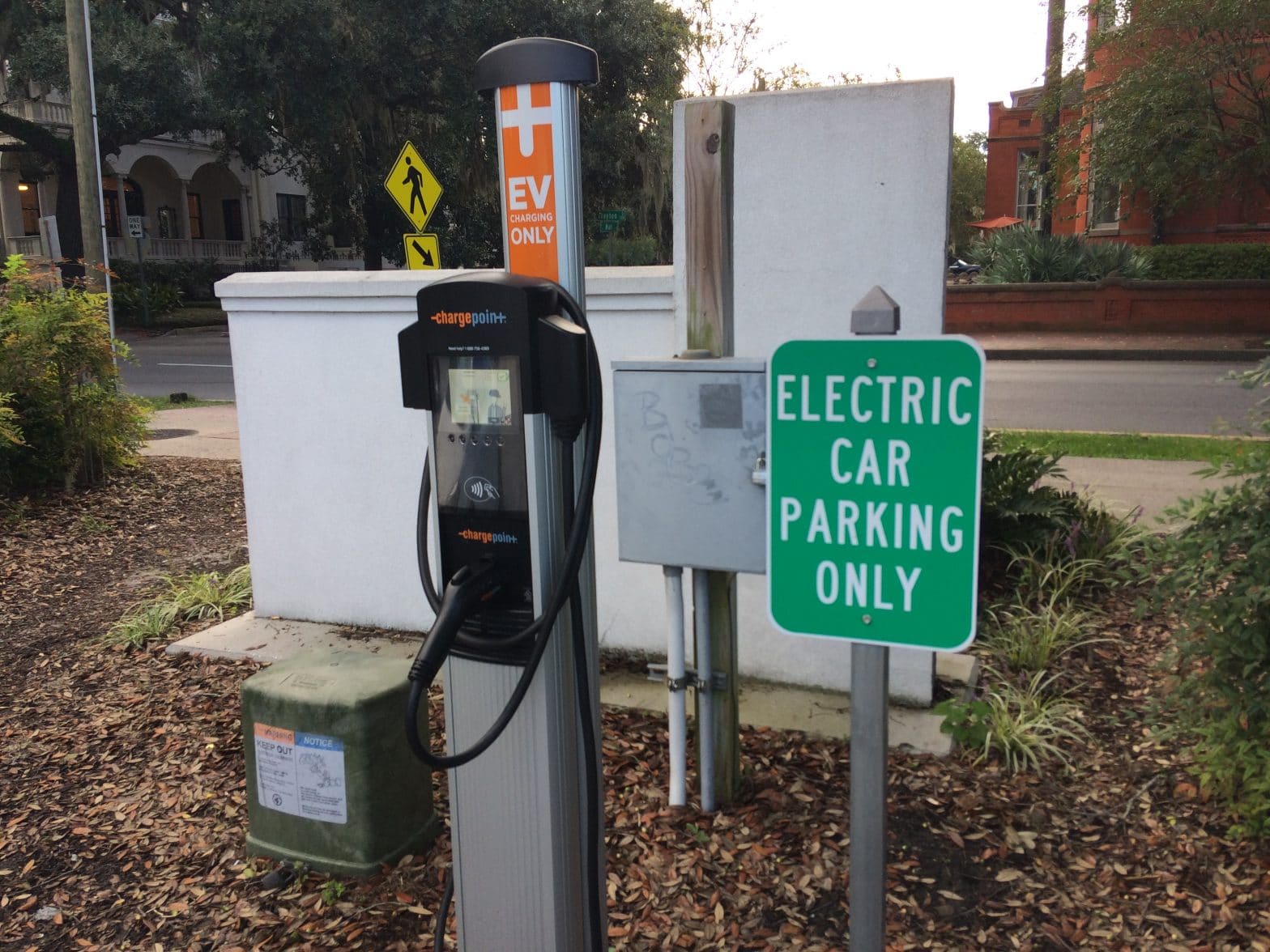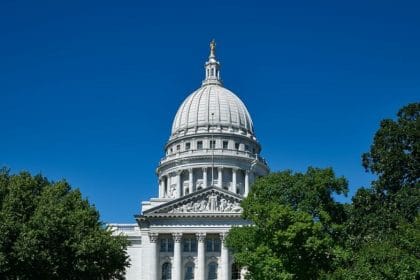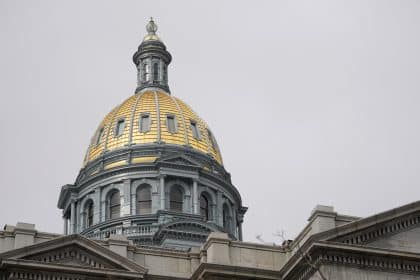Governors Sign Memorandum to Fast-track Zero-Emission Work Vehicles

Fifteen states and the District of Columbia agreed to work collaboratively on hastening the switch to all-electric fleet vehicles in an effort to suppress toxic air pollution Tuesday. Their goal, according to a joint memorandum signed by the states’ governors, is to certify all new medium-duty and heavy-duty vehicle sales will be emissionless by 2050.
Further, the governors set a provisional goal of reaching 30% zero-emission vehicle sales by 2030. Although work trucks, buses and other fleet vehicles make up only 4% of vehicles on the road, they account for nearly 25% of total transportation sector greenhouse gas emissions.
The following states’ governors signed off on the memorandum of understanding: California, Connecticut, Colorado, Hawaii, Maine, Maryland, Massachusetts, New Jersey, New York, North Carolina, Oregon, Pennsylvania, Rhode Island, Vermont, and Washington. Mayor Muriel Bowser of Washington, D.C., also vouched for the plan as the district vies for statehood.
“The electric vehicle industry is primed for tremendous growth,” Bowser said in a statement. “We cannot afford to miss this opportunity to place clean transportation technology and infrastructure at the center of the nation’s economic recovery.”
Public health benefits and avoided health care costs have been tied to policies that reduce carbon emissions through scientific study. Additionally, the costs of ownership associated with zero emission vehicles are expected to equal the costs of internal combustion engine vehicles by 2030.
The memorandum mentions the signatory jurisdictions will work in accordance with a task force from the Clean Air Association of Northeast States to create a plan of action on implementing the zero-emission vehicles.
By signing the memorandum, the coalition agreed to develop the infrastructure required to support zero-emission vehicles. These actions are meant to ignite job creation aimed at forming “a resilient and clean economy.”
“Without federal leadership, addressing the climate crisis requires states to work together to take action to reduce greenhouse gas emissions from all sources,” New York State Department of Environmental Conservation Commissioner Basil Seggos said in a statement.
“Reducing air pollution from medium- and heavy-duty vehicles will result in cleaner air for our communities—including low-income neighborhoods and communities of color that are often disproportionately impacted by environmental pollution,” Seggos continued. “Today’s announcement bolsters New York’s ongoing efforts to electrify the transportation sector and reduce climate pollution, helping to realize our ambitious emissions reduction goals and grow a powerful green economy to benefit all communities.”
























